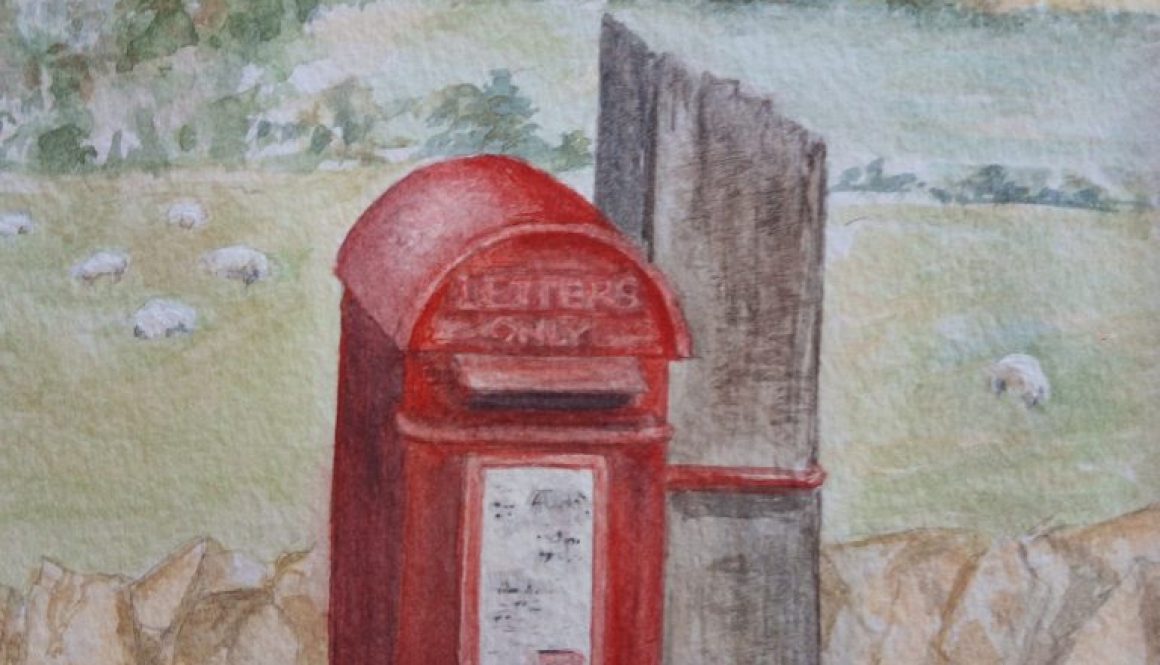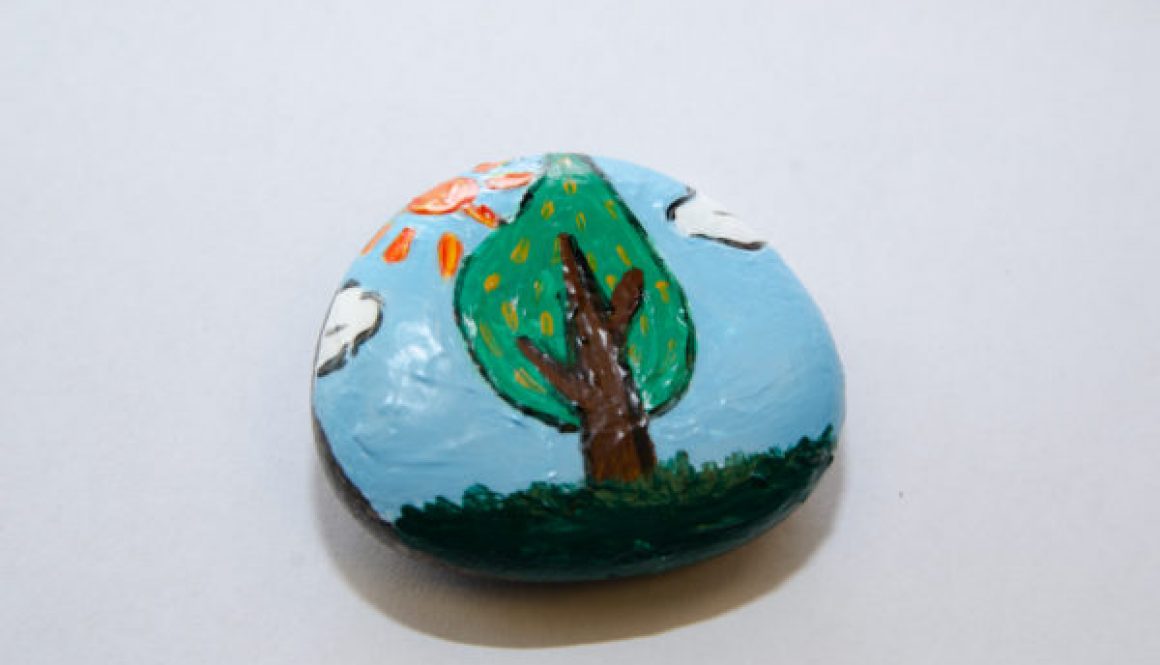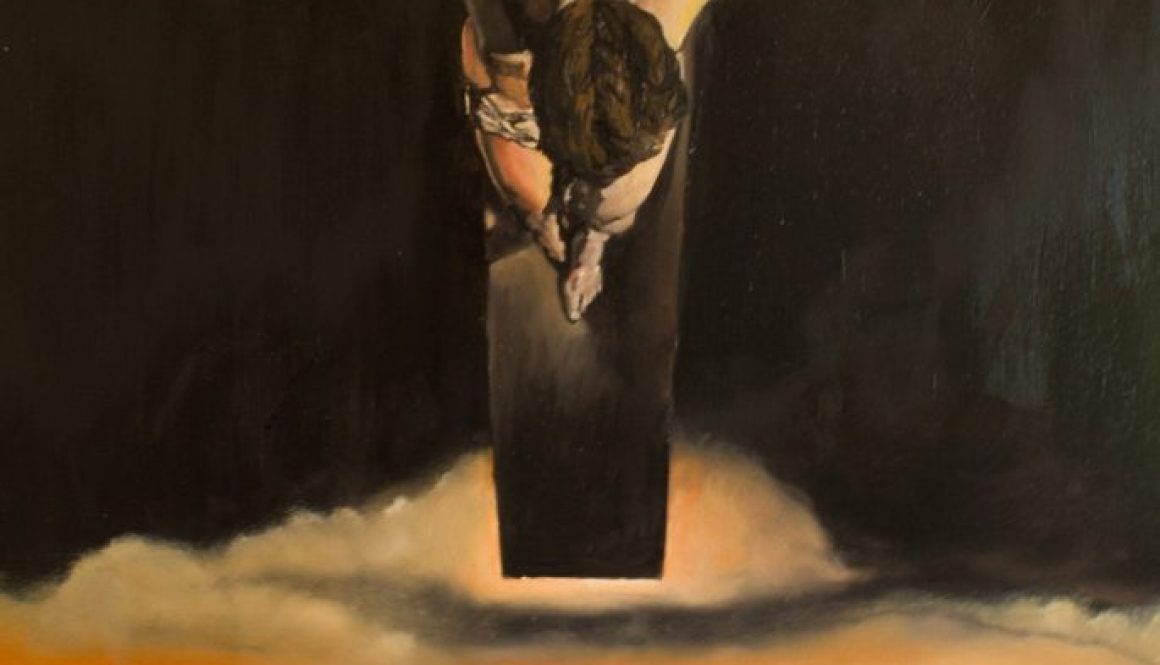Advent Sunday sermon 2010
Hope is a great Advent theme – a hope that Paul says in our reading today “does not disappoint us” (Romans 5:5).
I remember when I was about 10 I was really into Lego. Me and my friend Jez used to play Lego every single day. About that time Dad was out of work and we were a bit hard up. Mum went back to work full time. And so as Christmas approached I didn’t expect much in the way of a present. But Mum asked what I was hoping for for Christmas and, I obviously said Lego.
Now, I had happened to see in the Argos catalogue that there was this awesome Lego set that made a car with steering and a moving engine and stuff. (Cutting edge in 1984!) There was no way I would have asked for it. But Mum must have heard me talking to Jez about how cool it was. Because on Christmas Day I couldn’t believe it when I opened my present and it was this car set. I don’t think I will ever receive a present as exciting as that my whole life! My hopes weren’t just met they were exceeded beyond my imagination.
I think we all know how amazing it is when what we are hoping for happens or is even exceeded.
But we also know how hard it is when what we are really hoping for ends in disappointment. That sinking feeling in our stomachs. For me those kind of hopes are often associated with watching England play in World Cups!
A lot of hopes in life are like that – they can go either way: lead to great joy or big disappointment. And we become used to kind of hoping for the best, but guarding our hearts in case we are disappointed.
But Paul says of the hope above all hopes – the Christian Hope. That this hope does not disappoint us. Can never disappoint us. Will never disappoint us.
Its an amazing truth. And he isn’t being in the slightest bit triumphalistic. The Christian life isn’t about triumphalism. We’re not bullet proof. Jesus wasn’t bullet proof. He knows about friends letting him down; he knew pain; he knew about being isolated from those he loved. He knew about dying. And dying will people shouting abuse at him.
But Jesus – in utter humility – knew about a sure and certain hope. Unshakable. Real. Not just a ‘hoping for the best’, but a present hope that transforms life to its core. That kind of hope doesn’t exist by simply looking around at the state of the world or ourselves. It’s the word of hope that only God can bring.
Jesus knew about this hope in a special way because, as the letter to the Hebrews puts it, he is the “author” of it. Because of him, we can have a sure and certain hope too. We can know in our hearts that today ‘hope which does not disappoint us’
Paul gives three reasons for that:
Because of what Jesus has done
Paul says that the ground of our hope is this: “You see, at just the right time, when we were still powerless [while we were without hope], Christ died for the ungodly…while we were still sinners, Christ died for us.” In other words, ‘While we had no hope, Jesus became our hope.’
In a public event in history Jesus has made sure that nothing – no sin, no evil, no suffering, not even death itself – can separate us in Him from God’s love. The words Paul uses for this reality are all present tense: “justified”, “we have peace with God”, we “stand” in grace (Romans 5:1-2) Hope is a present reality in help us live with assurance and joy in the midst of a broken and beautiful world.
I had a man in my Alpha group a few years ago who had recently come back from Bosnia, where he had been serving in the army alongside the UN peacekeepers. He saw some of the atrocities that had taken place. And he found what he saw pretty traumatic. What brought him on the course was a sermon he had heard preached on Hebrews 6:19 “We have this hope as an anchor for the soul”. He said to us ‘I want to know what that means in my own life. I want an anchor for my soul’. He found that anchor for his soul through coming to know Jesus.
This present reality of hope is of course vitally linked to the future which brings us to the second heading:
Because of what Jesus will do
Things in this world (although there is much good in it) are not yet as we wish they would be. And how we respond to that is at the heart of our hope. The knowledge that things will not always be this way. That Jesus has not just come; He is coming back. As redeemer and judge of the world.
In the Gospels, whenever Jesus spoke about his return, he did not hide the reality that that Day will involve judgement. A revealing of things as they really are. The Cross not only reveals God’s infinite love; it also reveals his judgement. His holiness that will not let evil remain.
And God’s judgement is a vital part of our hope. What kind of hope can we have as look at the wrong, the injustice and the suffering in our world, if there will not one day be a reckoning? A righting of that wrong and suffering.
Without God’s final judgement it is pointless to talk about right and wrong. They are meaningless terms – just matters of opinion.
And if a nation loses sight of God’s judgement – if truth, and right and wrong, is seen as negotiable – society degenerates very rapidly, and people begin to lose hope. We see a bit of that today in our so-called ‘post-truth’ society.
The church isn’t called to stand in judgement over society but it is called to humbly point to the reality – lest we forget – that when Jesus returns there will not be a debate over what is right and wrong. Jesus will be the standard.
God’s judgement is an uncomfortable truth if we want to try and justify ourselves. And we are not loving our world if we hide that fact. But Jesus’ return is not bad news at all. It is ground of all hope. Because judgment and love are united in the cross.
The church has often followed the world in seeing judgement and love as in tension with one another. They would be if Jesus was not fully human and fully God. St Gregory articulated the bedrock faith of the church when he said “the unassumed is the unhealed”. If God in Jesus had not taken on our sinful humanity in full we would have no hope. His was no deified superhero humanity. Jesus was tempted in every way like we are, he suffered everything we do, yet never sinned never lost trust and faith in his Father. Without this fact, we would either have to believe in a God who wasn’t interested in justice and truth, or in a God who chooses justice over love, which would be terrifying. Because of Jesus, fully God fully human, the last word of the cross is new life. “if, while we were God’s enemies, we were reconciled to him through the death of his Son, how much more, having been reconciled, shall we be saved through his life! “ (Romans 5:9-10). We read in the book of revelation what this means for our future. We have that beautiful truth in revelation 21 “and He shall wipe every tear from their [our] eyes”.
There will be so much rejoicing on that day. Not the backslapping kind of rejoicing in our own merits. Anything but. Rather the sheer breathtaking joy at God’s infinite love and mercy in accepting us, and giving us new life in Him. And look how, in one breath Paul switches from the future to the present: “Not only is this so, but we also boast in God through our Lord Jesus Christ, through whom we have now received reconciliation.” (Romans 5:11). Our rejoicing is for now too. We don’t have to wait to know the joy of that.
Jesus’ return one day makes every day here and now meaningful. Martin Luther was asked what he would do if he knew the world was going to end tomorrow. He said, ‘I would plant an apple tree’. What he is saying is that Jesus’ return is the hope for our actions here and now; not the end of them. Jesus return is not the end, it is the beginning.
The vision of this church is to live out this hope in Finsbury Park. What we build now by God’s grace, we are building for eternity. As a PCC we have been working on our plans for next year to continue to grow the work we do here. It is so exciting to see this life of hope being lived out in this church.
That is the Christian hope – assured now because of what Jesus has done; living today in the light of what Jesus will do.
What does this hope feel like? Is it to be just a head knowledge that one day all will be well? No.
Because God has given us his Holy Spirit today
At beginning of Acts, we read how the angels stood beside the disciples after Jesus had ascended to heaven, and they said in effect ‘don’t sit wistfully looking into heaven. You won’t miss it when Jesus comes back.’
The disciples returned to Jerusalem and they received the Holy Spirit. They received the resurrection power and love of Jesus in their hearts and lives. The Church was born.
A Church not sitting around waiting for Jesus to return, bemoaning what a mess the world was in. But a Church alive with the reality that Jesus’ death and resurrection had changed everything for good. A Church with the power of the Holy Spirit to make known that reality, in every heart and on every street, all over the world. Telling people about Jesus, Praying for healing, planting churches, building up communities
Rejoicing in the life he brings now. A life in which we entrust everything to God no matter what. Because that which we don’t yet fully see, we will one day see in full. So, in a way, it’s just a matter of timing. We go on in obedience and leave the timing to God.
That is of course easier to say than to live with sometimes. It is easy to say that our hope has an aspect of both ‘now’ and ‘not yet’. But if we or someone we love is suffering, or lonely, or struggling to cope with life, there is all the difference in the world between ‘now’ and ‘not yet’.
I joked at the beginning about that sinking feeling of dashed hopes when our sports team is left pondering the ‘what might have beens’. But there are many people who live daily with that sinking feeling in their own lives. Wake up with it, go to bed with it. Perhaps there is someone here in that place. In your head you know about hope. But in your heart you feel like you know more about disappointment and ‘if onlys’. “Hope that does not disappoint” feels at best something very much on the horizon. Heaven perhaps, but no sign of it here on earth. For anyone who feels like that Paul’s words are for you today, as much as us anyone.
Let’s look at the verse, that’s the key to the whole passage. Romans 5v5: “And hope does not disappoint us because God has poured out – [and the tense there is ‘has poured, is pouring, will pour’] – his love into our hearts – [into your heart, my heart] – by the Holy Spirit whom he has given us”.
You see what Paul is getting at in this passage is that its not just what we hope for that does not disappoint us, although it will certainly not: “no eye has seen no ear has heard what God has prepared for those who love him”.
What he is saying here is that hope itself – the experience of living in hope – does not, will not, disappoint us: Because God is pouring out his Holy Spirit for that very purpose.
This is the key to what Paul is saying about ‘rejoicing in suffering’. He says in verse 2 “and We rejoice in the hope of the glory of God”. And he goes on “Not only so, but we also rejoice in our sufferings, because we know that suffering produces perseverance; perseverance, character; and character hope.”
And actually is it’s that hope specifically – hope born out of keeping trusting in Jesus no matter what – of which Paul says : “And hope does not disappoint us because God has poured out his love into our hearts by the Holy Spirit, whom he has given us”
Hope is born out of keeping going. I heard about a teacher who was attached to a hospital to teach children who were going to be in hospital for a long time. She was asked to go and teach a boy who turned out to be very very sick. He was so ill and in pain that he barely responded when she came in the room. And as the teacher took him through this little lesson on nouns and adverbs, she just thought ‘why on earth am I putting him through this?’ It seemed so senseless.
She got a call the next day from his nurse, ‘who said what did you do to that boy?’ And the teacher began this apology about how she didn’t know why she’d been asked to go, and how she should have called the lesson off, she didn’t know why she had been asked to go into a boy so ill, But the nurse interrupted and said: “You don’t understand. We’ve been so worried about him, but after yesterday he turned a corner. He’s responding to treatment. It’s as if he has decided to live”. A few days later the teacher went to see him, and as she spoke to the boy she realised how she had made a difference
He said ‘They wouldn’t send a teacher to work on nouns and adverbs with a boy whose dying would they.’
A similar thought process is at work whenever you love the unloved this Christmas, or invite them over for a meal or on Alpha, or love your colleague who is not very nice to you or build friendships in the community with those you don’t readily relate to. ‘They wouldn’t do that if the Church was dying would they’
Jesus has given us his Holy Spirit to live hope-filled lives in a world often without hope, because hope is the truth. His Resurrection is the last word. And although we long for the Day of his coming, we can know the transforming power of the Spirit – the spirit of hope- here and now. Not by pretending but by persevering. Keeping going.
We can’t do that on our own. God doesn’t intend us to. He longs to pour out his Spirit – like a cloudburst on a parched land – the moment we believe and trust in Him.
And I believe that today, and this Christmas, God is going to fill us afresh with this hope in our hearts. First and foremost because he loves us. He wants us to share in his joy. And He has a plan for us to be a people “overflowing with hope” (Romans 15). Overflowing means that, secondly, to experience God’s hope is to become hope-givers. God’s Holy Spirit is the gift of God’s love. The one who breathes hope into us each day. And through us, into the world.
Postscript: Advent Sunday 2019
I have posted this sermon I gave nine years ago because I believe every word. Like many of my talks I gave I am learning the reality in new ways – such as the agonising difference in the now and not yet when one is suffering. But the only addition I would make nine years on and now suffering with mnd is something about how we experience the “hope [that] does not disappoint us because God has poured his love into our hearts by the Holy Spirit he has given to us”. I would add that the experience is not always an ecstatic one. I knew that nine years ago. But I didn’t have experience of the wonder of God’s presence in that one can feel utterly desolate and bereft of any personal goodness or ability to be a blessing to others, and yet hear that one is still managing to give hope. This is a mystery to me. But it gives me hope that no one is so broken that God cannot reach others through our lives. Perhaps Paul is saying something similar in 2 Corinthians 4 when he writes:
“But we have this treasure in jars of clay, to show that the surpassing power belongs to God and not to us. We are afflicted in every way, but not crushed; perplexed, but not driven to despair; persecuted, but not forsaken; struck down, but not destroyed; always carrying in the body the death of Jesus, so that the life of Jesus may also be manifested in our bodies…So we do not lose heart. Though our outer self is wasting away, our inner self is being renewed day by day. For this light momentary affliction is preparing for us an eternal weight of glory beyond all comparison, as we look not to the things that are seen but to the things that are unseen.”
I’m not good at looking to things that are unseen. (I did a Myers Briggs day at college and discovered that I was a ‘classic ESFP’. The teacher said that SF letters basically meant that my feelings and perception was driven by what I could see hear touch taste and smell. She said that this made me simple and childlike in the good senses of those words. But the flip side of my kind of personality is that I would struggle for perspective in times in my life when my senses were picking up negative things. I would struggle to know that my senses were not always an accurate guide to the whole truth. In other words, like Thomas in John 20, I might need to remind myself that “blessed are the eyes that have not seen and yet have believed”.) This increasing disability that I am suffering is the opportunity to discover that when I feel desolate and bereft of capacity, it doesn’t mean God has abandoned me or stopped having a purpose for me. Because at the end of the day it’s all about Jesus, not me (which is very good news indeed!), and my hope is in the truth that my “life is hidden in Christ in God”. And thanks to the kindness and generosity of friends and family I can know God’s presence in my life even when I cannot see it but they can. Little encouragements that one’s life still has meaning and purpose are the way that I experience in this season of life the hope that does not disappoint us. So thank you more than I can ever say for all the big and little acts of kindness and words of encouragement. They are the way that God is pouring his love into my heart through the Holy Spirit he has given us. Amen and Hallelujah!!










